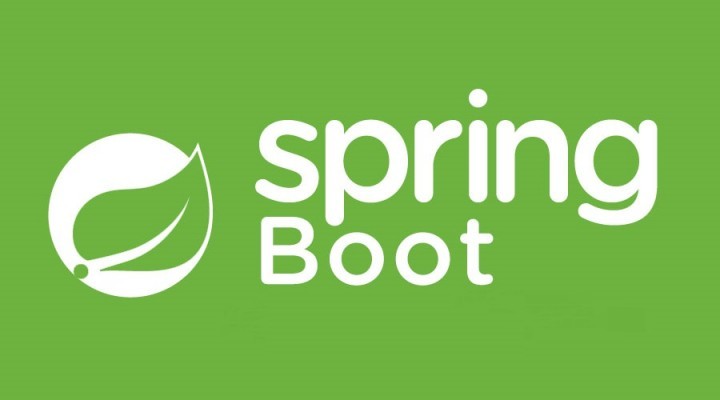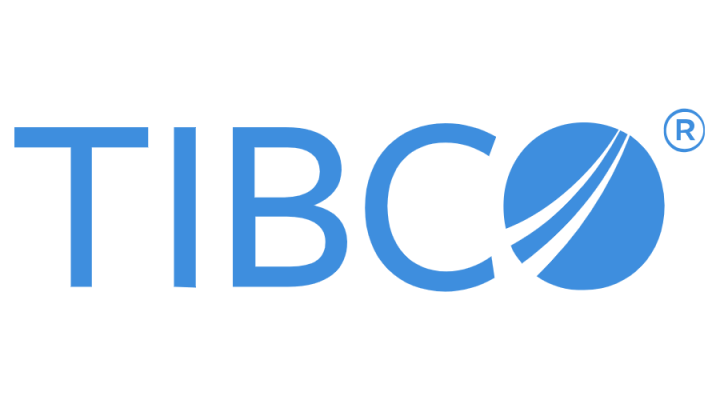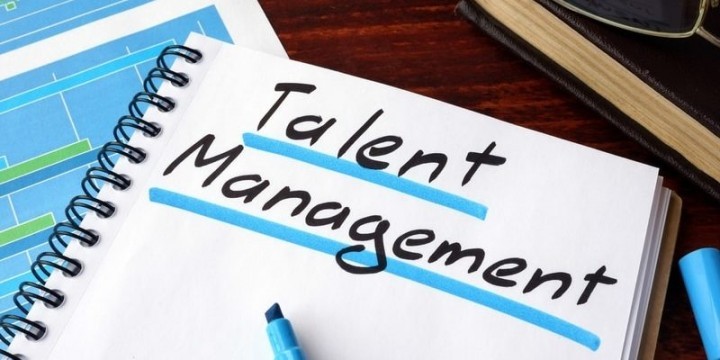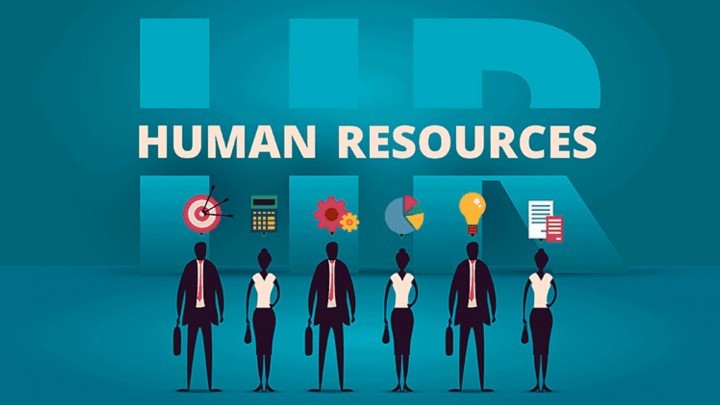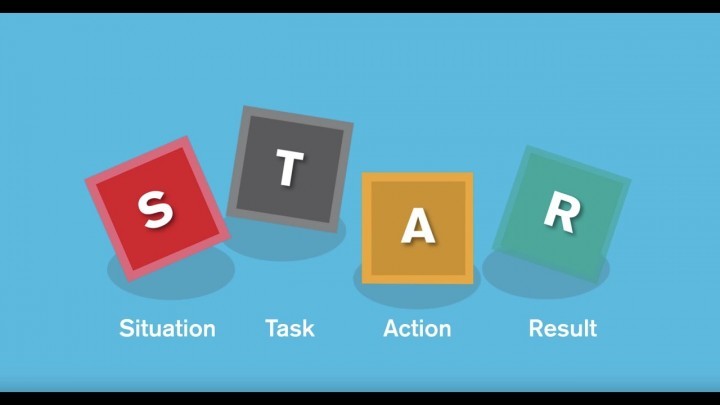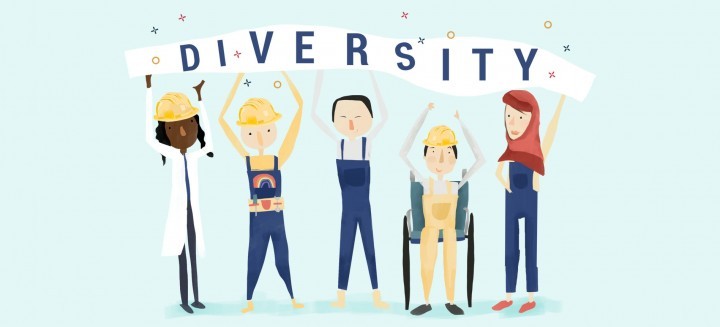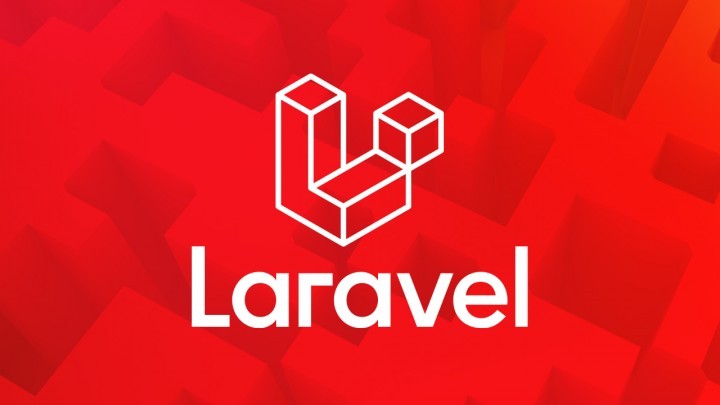
12 Common Recruiting Mistakes
There exists a lot of responsibility resting on HR managers’ shoulders as regulations and how big this workforce keeps increasing. The expectations are growing and more complex while companies attempt to do more with less.
Hiring mistakes not only waste time and money, they can contribute to low company morale. Having a refined recruiting and hiring process is crucial to the success of any organization. You can attract the best candidate for the job and for your organization if you look out for a few common pitfalls. There is no guaranteed process for successful recruitment, but knowing the obstacles and potential problems that you might face can help you to avoid them, or deal with them if they do arise.
Make sure you are not committing the biggest recruiting mistakes, which make the process much harder. Here are some of the most common mistakes your team can make while recruiting and how to avoid them.
Inaccurate job description
As a recruiter, if you want to attract and hire good candidates then you need to describe the job description accurately in the job advertisement. A good job description is more than a simple list of duties; it should describe the role in terms of its overall purpose and identify key areas of responsibility.
The position must be properly communicated to the recruiter or human resources organization. Focus on the skills and qualifications a candidate must have and a few skills that would be nice to have. This will help to tailor candidates from the beginning.
Not considering internal recruitment
It can make economic sense to fill roles internally, as it cuts the costs and time associated with advertising for external candidates. Also, an existing staff member will be familiar with your organization's processes, values and mission. As a result, Internal recruitment can be a wise choice to understand company business goals and mission quickly than an outsider.
Failing to pre-screen candidates
This is not just doing background checks or calling references. It means checking to make sure candidates actually have all the degrees listed on their resume and that their work history is accurate. If there are more than a dozen candidates, it is important to conduct telephonic interviews. Spending 20 or 30 minutes on a telephonic interview could eliminate several candidates before the face-to-face interviews at the initial stage itself.
Rejecting overqualified candidates
Recruiters and hiring authorities often reject an overqualified candidate, fearing that the candidate will get bored or leave the organization soon.
An employee with a higher level of skills will be a positive addition to the organization and will likely save money on training costs. It is important to keep in mind that the potential exists for this employee to be promoted more quickly to higher level positions. This is especially true when hiring for a large company.
Relying Too Much on the Interview
Face To Face meet or interview is the most important part of any company selection process, but it shouldn’t be the only factor taken into consideration.
Job interviews should only be a small portion of the hiring process and should be weighted accordingly. Keep in mind, candidates probably have a lot of interview experience. They are skilful at presenting themselves in a good light and might have practiced at responding with ideal answers. A candidate may say or do anything to get the job that you are offering. Consider giving them a test or exercise to find out how they might perform "on the job."
Poor quality interviews
Most managers forget to structure their interviews beforehand. As such, they end up asking poor quality, off-the-cuff questions. Some behavioural questions have become so common and expected that job candidates have a polished, rehearsed answer ready.
Unconscious bias
Everyone, including recruiters, can carry unconscious biases about other people based on their own individual experiences. Recruitment relies on your decision-making abilities, which means that you must avoid unconscious bias.
Allowing unconscious biases to influence employment decisions can cause a company to potentially hire the wrong candidate for a job. It can also result in a regular, static workplace overwhelmed by groupthink and lack of innovation. You may unintentionally discriminate against certain candidates in favor of people who share your background, social class, ethnicity, age, or gender.
Rushing to meet deadline
Don’t rush to hire a candidate to fulfil the vacancy in your company. Don’t allow the pressure to push you into a hiring decision too soon. An extra time will ensure you to find a great match. Take your time. Think about what it is going to cost in time and money to hire and train someone, only to find that they are not up to the job. You could end up having to repeat the whole process.
Poor candidate care
Treat job candidates the way you would want to be treated if you were in their position. Demonstrate a common courtesy to them.
If you are looking to hire an expert, be sure to treat them like one. If you assume the person sitting in front of you is an expert, you conduct the interview differently. You will more quickly determine their competency and gather the facts.
Relying on team votes for hiring
Team voting can be especially dangerous if the votes aren’t private. This could mean not hiring the best employee because one influential member of the team didn’t like the candidate. Following a team approach when coming up with creative recruiting methods is a good idea. Having multiple people in on the interview and evaluation process can even be productive.
Relying Too Much on References
Don't place too much weight on these references, good or bad. Someone's positive experience at one organization does not mean that they will automatically shine at yours. And a negative reference from a previous employer does not mean that they won't thrive on your team.
Expecting Too Much from a New Recruit
During the first few weeks, it is important to help your new recruit to familiarize themself with the organization's and team's goals, and to support them as they learn. Make them feel welcome on their first day, and introduce them to the team. Let them know that they can ask questions and seek advice, and arrange regular meetings to see how they are doing. Typically, it takes a new starter about three months to become fully integrated into the team and to begin producing results.
Hiring new staff can be an expensive and time-consuming process, so it is important to get it done right. You want to make sure that you recruit someone who is the best person for the job and who fits into your organization, so that you are not facing continual turnover.
It is important to know all these potential pitfalls while recruiting new staff can help you to ensure the continued success of your organization, and the ongoing happiness of your team.
HRavailable keeps you updated on the latest news in the job market.
Get notified about the latest job openings through HRavailable and never miss a chance to get noticed by the recruiters.





